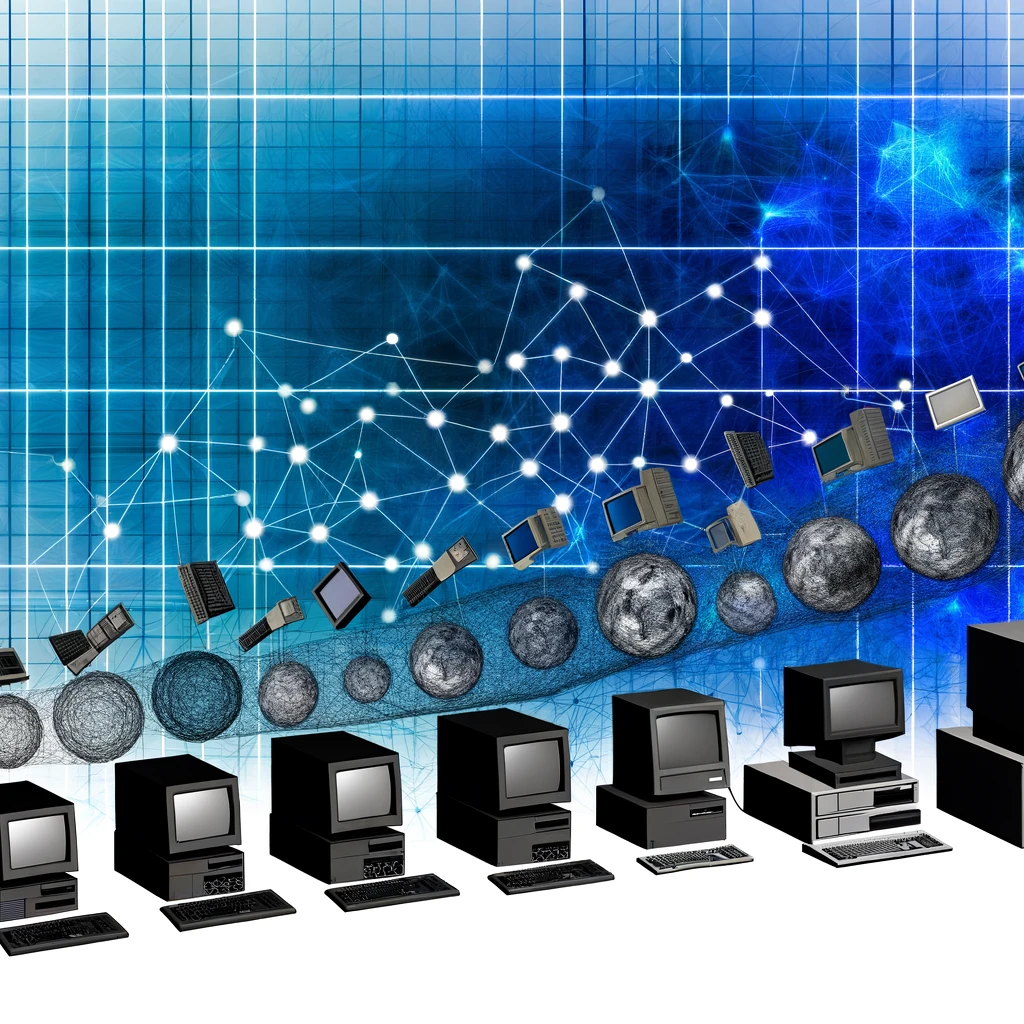
The Dawn of the Digital Age
The digital revolution marks a pivotal point in human history, akin to the agricultural and industrial revolutions. This technological transformation has not only reshaped industries but has also redefined societal norms, communication, and interactions on a global scale.
Impact on Communication
One of the most profound changes brought about by the digital revolution is in the realm of communication. With the advent of the internet and mobile technology, the way individuals connect with one another has undergone a radical transformation. Social media platforms, instant messaging, and video conferencing have made real-time communication across the globe a reality. These advancements have not only bridged geographical barriers but have also facilitated cultural exchange and global awareness.
Transformation in Education
The education sector has been significantly impacted by technological advancements. Traditional classroom settings have been complemented by e-learning platforms, providing access to education for millions who were previously excluded. Online courses, virtual classrooms, and educational apps have democratized knowledge, enabling learners to acquire new skills and information at their own pace. This has led to the rise of lifelong learning, where individuals continually update their skills to remain relevant in an ever-evolving job market.
Revolutionizing Business Practices
Businesses have embraced digital tools to enhance efficiency and productivity. The integration of artificial intelligence, machine learning, and big data analytics has transformed business operations, from marketing strategies to customer service. These technologies have enabled companies to personalize customer experiences, optimize supply chains, and make data-driven decisions that enhance competitiveness in the global market.
Social and Cultural Implications
The digital revolution has also had significant social and cultural implications. On one hand, it has promoted inclusivity and accessibility, enabling marginalized communities to have a voice and participate in the global conversation. On the other hand, it has raised concerns about privacy, data security, and the digital divide between those with and without access to technology.
Future Prospects
As technology continues to evolve, its impact on society is expected to deepen. Innovations such as the Internet of Things (IoT), blockchain, and quantum computing promise to further revolutionize various sectors. However, this rapid technological progression also necessitates a discussion on ethical considerations and the responsible use of technology to ensure that its benefits are equitably distributed.
In conclusion, the digital revolution has profoundly transformed society. While it presents numerous opportunities for growth and development, it also poses challenges that must be addressed to ensure a balanced and inclusive future.
Related Articles





